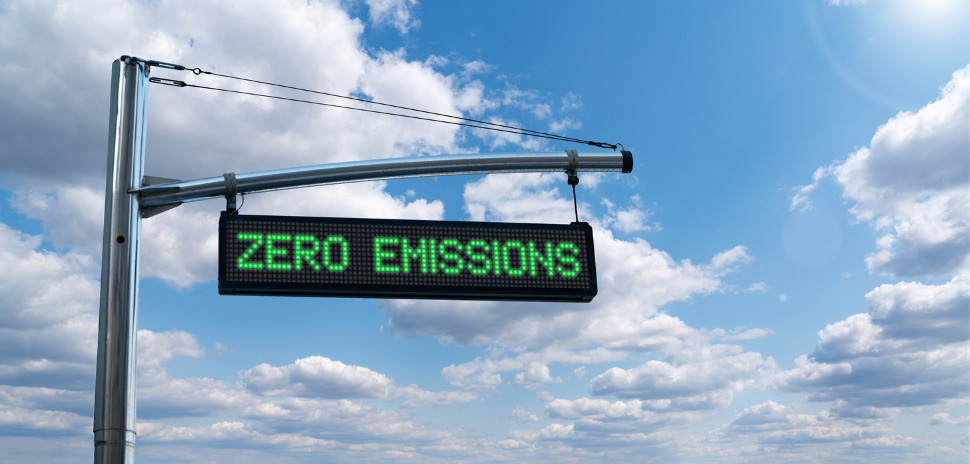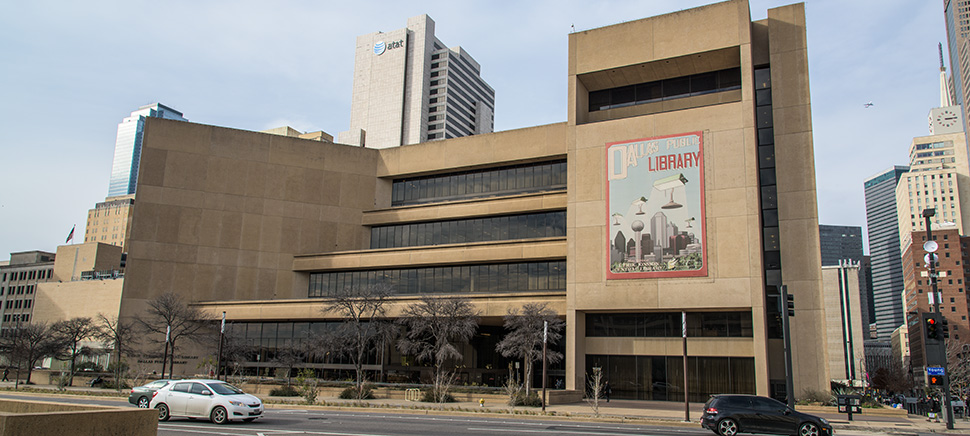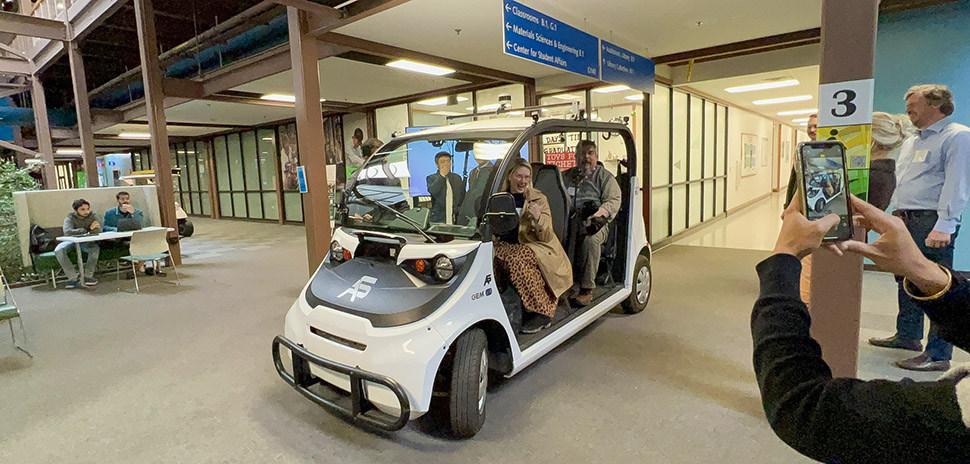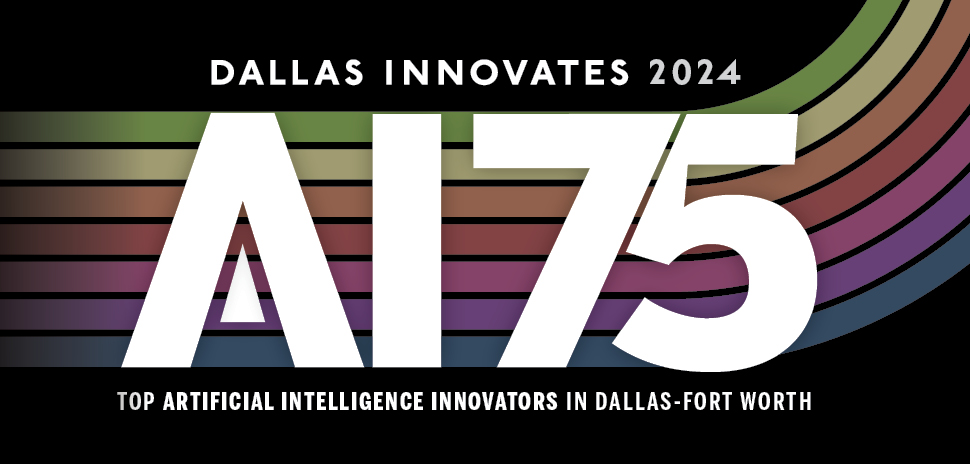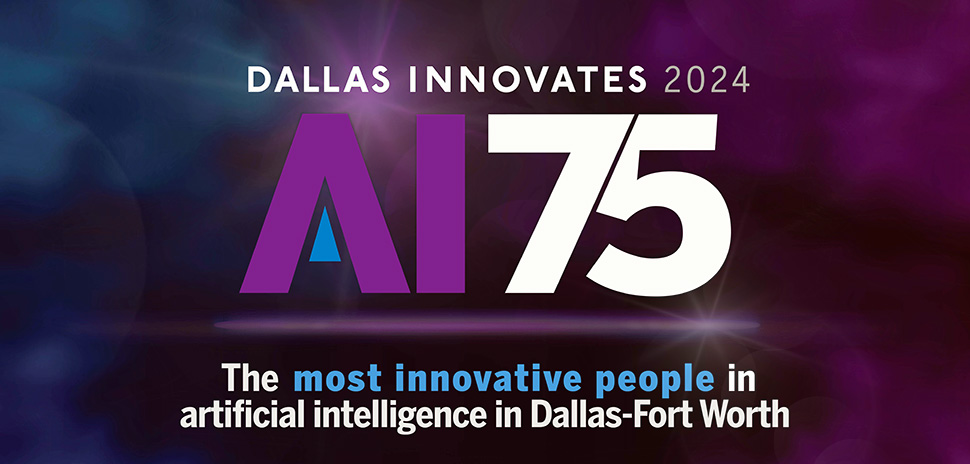The North Central Texas Council of Governments and the Dallas Independent School District have received grants totaling more than $62 million to help buy 244 zero-emission vehicles via the Environmental Protection Agency’s first-ever Clean Heavy-Duty Vehicles Grant Program.
The EPA program, created by the Inflation Reduction Act of 2022, will replace existing internal combustion engine heavy-duty vehicles with zero-emission vehicles. It also will support the build-out of clean vehicle infrastructure as well as the training of workers to deploy these new zero-emission technologies, the agency said.
NCTCOG will receive $60 million and will award rebates to program beneficiaries to replace roughly 234 vocational vehicles with 234 zero emission vehicles (ZEV).
DISD will receive $2,184,164 to replace 10 Class 7 diesel trucks with 10 Class 7 electric trucks. Supporting infrastructure for the project includes 10 Level 2 chargers along with all necessary materials and software.
EPA announced that 70 applicants across 28 states, three Tribal Nations, and one territory have been selected to receive a total of more than $735 million to assist in the purchase of more than 2,000 zero-emission vehicles through the inaugural Clean Heavy-Duty Vehicles Grant Program.
“Thanks to President Biden, we are accelerating American leadership in developing clean technologies that address the impacts of climate change,” EPA Administrator Michael S. Regan said in a statement. “Together, the Clean Heavy-Duty Vehicles Grant projects announced today will slash air pollution and enhance the country’s infrastructure for cleaner transportation solutions, creating good-paying jobs along the way.”
North Texas program to include supporting infrastructure
EPA said that specific NCTCOG projects will be identified through a Call for Projects to select rebate recipients upon award by EPA.
Based on a regional fleet survey conducted to inform this proposal, NCTCOG said it expects the fleet mix to consist mostly of box trucks, step vans, and refuse haulers. Most new vehicles will be battery electric with a few hydrogen fuel cell vehicle pilot projects.
NTCOG said that each project is expected to include supporting infrastructure. NCTCOG also will develop a regional ZEV workforce development plan, implement priorities identified through the plan, and host first responder training specific to ZEV.
(Based in Arlington, NCTCOG is a voluntary association of, by, and for local governments in a 16-county region of North Central Texas. It includes more than 230 member governments including 16 counties, numerous cities, school districts, and special districts.)
North Texas-based members of Congress applauded the EPA announcement.
U.S. Rep. Jasmine Crockett (D-Dallas) said the funding shows the Biden Administration’s support for the health and safety of North Texas communities. U.S. Rep. Marc Veasey (D-Fort Worth) said it illustrates the administration’s commitment to keeping Dallas-Fort Worth a leader in technology, innovation, and public infrastructure.
Disadvantaged communities with poor air quality were prioritized
Nationwide, the agency said, more than 3 million Class 6 and Class 7 vehicles are in use across a variety of vehicle types and vocations.
EPA said that many are older vehicles that emit higher levels of harmful pollutants—like nitrogen oxides, fine particulate matter, and greenhouse gases—than newer vehicles. The agency said the pollution is associated with respiratory and cardiovascular disease, among other serious health problems, and that cleaning up pollution from heavy-duty vehicles helps protect the health of 72 million people living near truck freight routes in America.
The administration said that proposed replacement vehicles include battery-electric box trucks, cargo trucks, emergency vehicles, refuse/recycling haulers, school buses, shuttle buses, step vans, transit buses, utility vehicles, and other vocational vehicles, as well as a small number of hydrogen fuel cell transit buses. The Clean Heavy-Duty Vehicles Grant Program also funds zero-emission vehicle fueling infrastructure (such as electric vehicle charging stations) as well as the workforce development and training.
EPA said these investments support the implementation of the Biden-Harris Administration’s National Blueprint for Transportation Decarbonization and the National Zero-Emission Freight Corridor Strategy.
According to the EPA, roughly 70% of the funding will support the purchase of clean school buses, helping provide clean air for children on their ride to school.
EPA said it prioritized disadvantaged communities facing air quality challenges, including nonattainment with EPA’s fine particulate matter (PM2.5) and ozone (O3) National Ambient Air Quality Standards (NAAQS) or high levels of ambient diesel particulate matter.
It said that applications were evaluated on engagement with affected communities, especially local residents, to ensure their meaningful participation with respect to the design, planning, and performance of the project.
![]()
Get on the list.
Dallas Innovates, every day.
Sign up to keep your eye on what’s new and next in Dallas-Fort Worth, every day.

